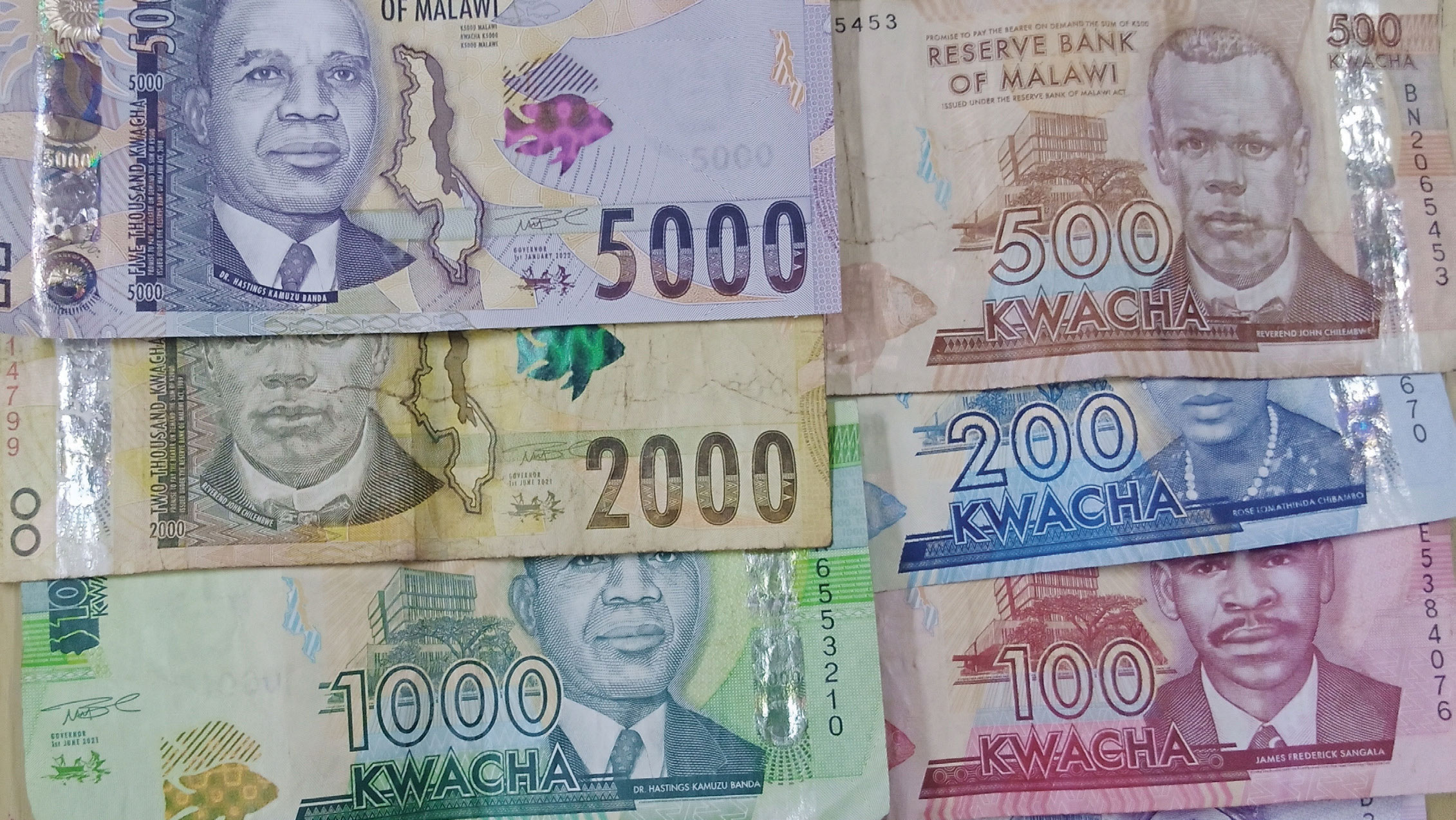Zambia: Malawi's Kwacha Syndicate Exposed After Zambia Bust

A sophisticated money laundering syndicate involving Malawi's currency has been uncovered, spanning borders and leading to significant seizures in Zambia. Malawi state agencies are now working diligently to repatriate the impounded funds, exposing a complex network of currency smuggling and potential counterfeiting.
Two weeks ago, Zambia's Drug Enforcement Commission (DEC) apprehended two foreign nationals--Russian and American--found in possession of Malawian Kwacha totaling K42,184,000, concealed in eight wooden boxes, at Kenneth Kaunda International Airport (KKIA). The money, mostly in K20 and K50 denominations, was destined for the United States via Turkish Airlines.
Further investigation led authorities to a hotel in Lusaka, where additional currencies were seized.
In an exclusive interview with NyasaTimes, Director of Public Prosecutions (DPP) Masauko Chamkakala explained that a team from his office, the Reserve Bank of Malawi, and the Fiscal Police traveled to Zambia last week where they met with their Zambian counterparts to understand the events surrounding the bust.
"We discovered that in 2022, someone abandoned K840,000 in very small denominations in a hotel in Lusaka. Early this year, another person was intercepted with large amounts of Malawi Kwacha in small currencies at Mwami Border, and another was apprehended at Chipata Border with K76 million in small notes," Chamkakala said. This suggests that the recent bust is part of a larger syndicate that had been ongoing for a while.
The operation, which involved coordination between multiple Zambian agencies including the DEC, the Zambian Police, and the National Prosecution Authority, highlighted the complexity and reach of the syndicate.
The DPP elaborated on the cooperative efforts: "I can confirm that we traveled to Zambia where we met officials from the Bank of Zambia, Zambian Police, DEC, and the National Prosecution Authority. We wanted to understand the whole issue and establish a clear plan for addressing it."
Chamkakala noted that the prevailing theory is that the Malawi currency, particularly the K20 and K50 notes, is recycled to print stronger currencies.
"The security paper on which the currencies are printed is almost impossible to find. We suspect these individuals possess technology to delete the printing and reprint stronger currencies over it. The 20s and 50s are likely in demand because they are the same size and color as some global currencies, such as the Canadian dollar," he said.
The DPP emphasized that Malawi authorities are collaborating with Zambian officials to recover the funds and are considering seeking assistance from the US government to determine the intended use of the money in the US. However, bringing the culprits to Malawi to face trial poses significant challenges.
"There are several technicalities. First, the offenses we would charge them with here are not offenses in Zambia. Unfortunately, extradition laws require that the offenses be recognized in both countries. Possession of foreign currency is not an offense in Zambia. But we will continue to hold meetings with our Zambian counterparts and explore other possibilities," he said.
The recent arrests and discoveries have opened a broader investigation into the smuggling and laundering operations.
Chamkakala highlighted the importance of this effort, noting that it is crucial to understand the full scope of the network and its operations. "We are dealing with a highly organized group that has been exploiting legal and logistical loopholes to move large sums of money across borders. Our goal is to shut down this operation and ensure that those responsible are held accountable," he stated.
He noted that the investigation is ongoing, with both Malawian and Zambian authorities committed to uncovering the full extent of the syndicate.

